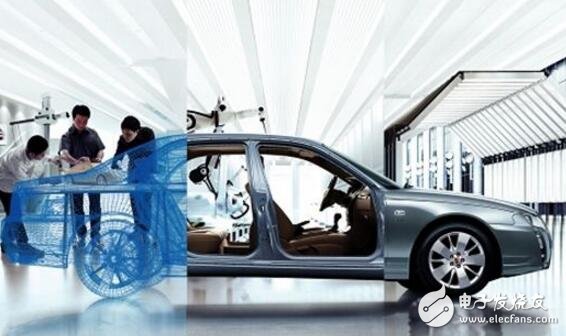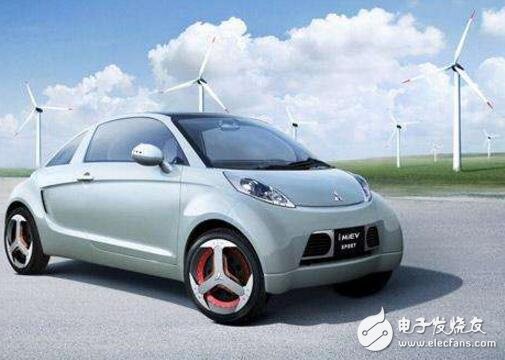**What is a New Energy Vehicle?**
New energy vehicles (NEVs) are automobiles that use alternative power sources or advanced propulsion technologies, distinguishing them from traditional internal combustion engine vehicles. These vehicles rely on unconventional fuels or innovative power systems, integrating advanced control and drive technologies to deliver improved performance, efficiency, and environmental benefits. NEVs are designed with cutting-edge technology and new structural designs, making them a key part of the future of transportation.

**New Energy Vehicle Components**
Globally, the development of new energy vehicles has led to the use of various power sources, including lithium-ion batteries, nickel-metal hydride batteries, fuel cells, lead-acid batteries, and supercapacitors. While supercapacitors are often used as auxiliary power sources, the main battery technologies still face challenges in terms of maturity, cost, and performance compared to traditional vehicles. These limitations have slowed the widespread adoption of electric vehicles.
**Battery Types**
- **Lead-Acid Batteries**: One of the oldest and most reliable battery types, they are widely used in starting internal combustion engines. However, they have lower energy density, larger size, and shorter lifespan, which limits their use in long-range electric vehicles.
- **Nickel-Metal Hydride (NiMH)**: Known for high energy density and long cycle life, NiMH batteries are commonly used in hybrid vehicles. They are more expensive and suffer from a memory effect, requiring full charge/discharge cycles to maintain capacity.
- **Lithium-Ion Batteries**: Offering high energy density, low weight, and no memory effect, lithium-ion batteries are considered the best option for electric vehicles. They are environmentally friendly and have a long lifespan, making them ideal for future transportation.
- **Nickel-Cadmium (NiCd)**: These batteries are fast-charging and durable but are more expensive and contain toxic cadmium, requiring careful recycling to prevent environmental damage.
- **Sodium-Sulfur Batteries**: High energy density and efficient charging make them suitable for large-scale applications, but they require high operating temperatures, which can limit their use in consumer vehicles.
**Battery Policy Subsidy Advantages**
In 2009, the Chinese government introduced financial subsidies for energy-saving and new energy vehicles, supporting those using lead-acid, nickel-metal hydride, and lithium-ion batteries. The maximum subsidy per vehicle reached up to 80,000 yuan. In 2010, the policy shifted to focusing on battery capacity, excluding lead-acid batteries and prioritizing lithium-ion and supercapacitor technologies.
**Battery Price Trends**
The price of lithium-ion power batteries for electric vehicles is currently around $1600/kWh for fast-charged models and $500/kWh for standard versions. As production scales up and policies encourage growth, prices are expected to drop significantly by 2020, making electric vehicles more competitive with traditional cars in terms of cost and performance.

**2. Charging Stations**
A charging station is like a gas station, providing power to electric vehicles. It is an efficient charging device that supports various types of electric vehicles, enabling quick and convenient recharging.
In Guangzhou, China's first public electric vehicle charging station was launched in 2010 as part of a pilot project for energy-saving and new energy vehicles. Located near major highways, it offers 24/7 charging services and includes convenience facilities such as stores and service centers.
The charging stations use three-phase power supply technology, offering higher efficiency than single-phase systems. A 21 kW AC charger can fully charge a vehicle in just three hours, reducing time costs and improving user experience. Future developments aim to enhance convenience and integrate more services into the charging infrastructure.

Melt Pressure Sensor,Differential Pressure Sensor,High Temperature Melt Pressure Sensor,Explosion-Proof Melt Pressure Sensor
Xiaogan Yueneng Electronic Technology Co., Ltd. , https://www.xgsensor.com
